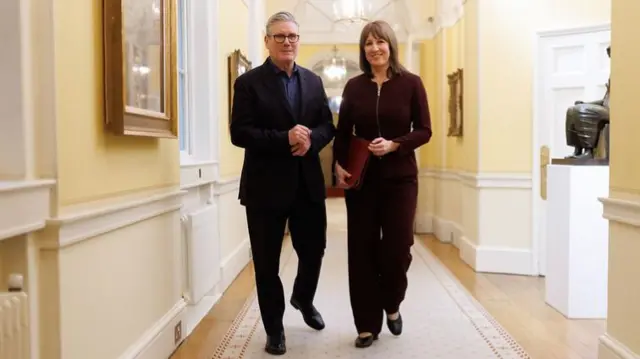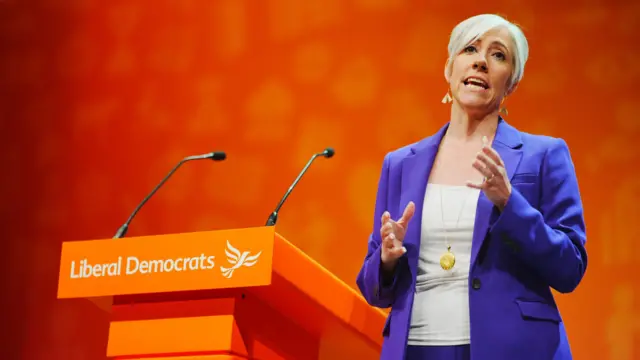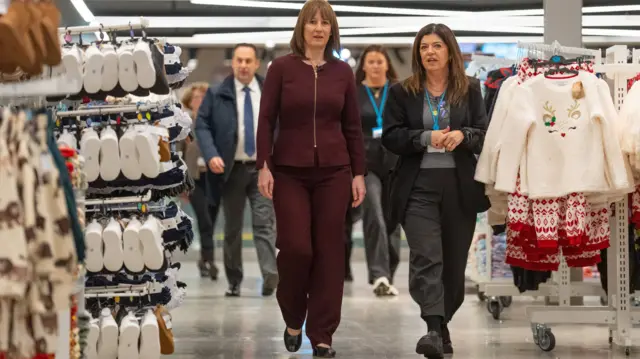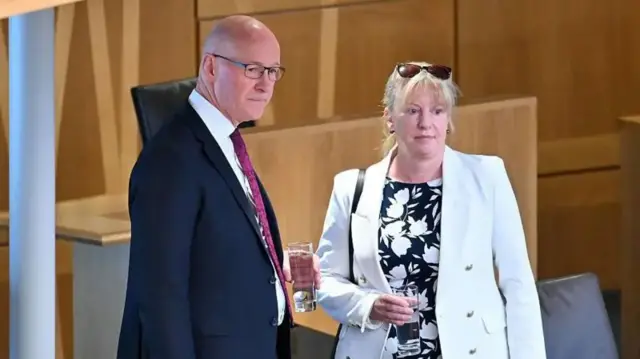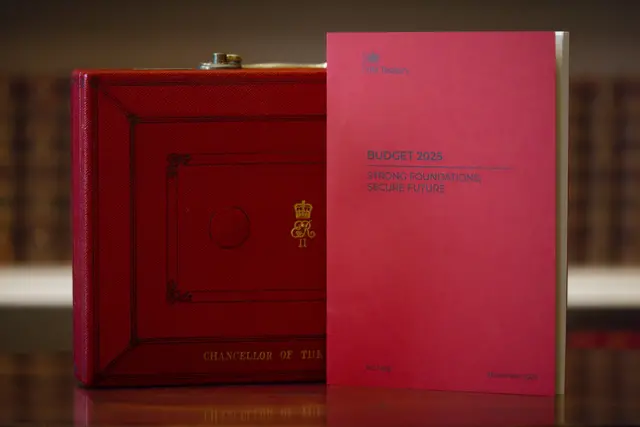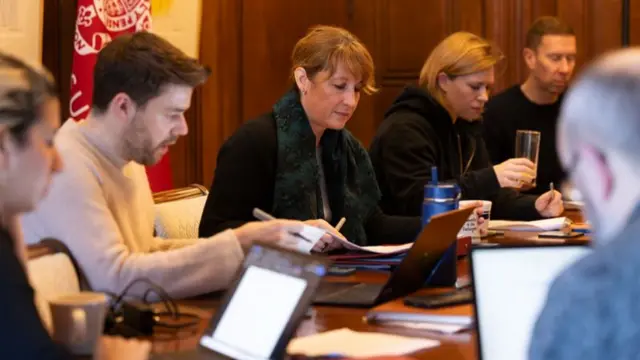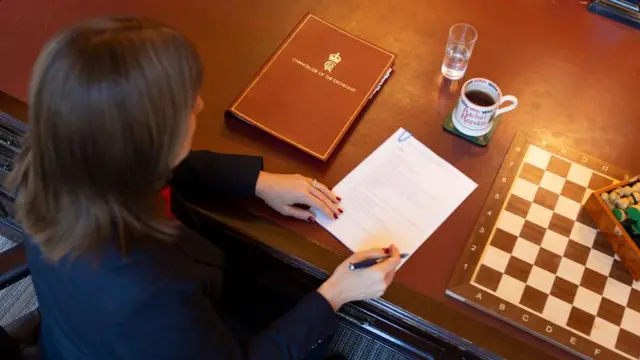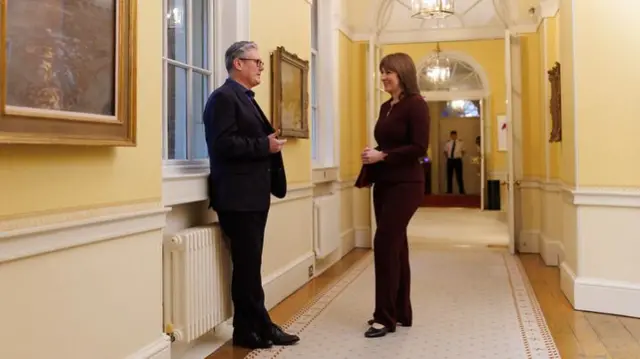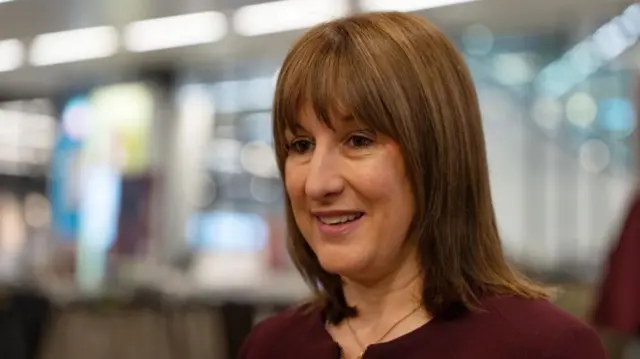Minimum wage boost and 'milkshake tax' unveiled ahead of Budgetpublished at 19:51 GMT
 Angus Thompson
Angus Thompson
Live reporter
Tomorrow is the big day.
Rachel Reeves will put her plans for taxing, spending and borrowing to the nation - and the markets - and then await the reaction.
But although the bulk of the measures will come tomorrow, we did get a few changes announced today:
Minimum wage: will rise in line with recommendations from the government's independent adviser - giving a pay boost to millions. From April, workers over 21 will see a 4.1% increase to their minimum wage, bringing it up to £12.71 an hour.
Sugar tax: will be expanded to take in milk-based drinks, and the minimum sugar threshold at which it applies will be reduced, meaning more sugary drinks will be hit by the tax.
And as ever, there are plenty of taxes rumoured to be in the firing line for an increase - we've had a look at some of these here.
We're ending our live coverage now, but we'll be across all the detail tomorrow, bringing you updates and analysis throughout. Until then, you can read more here:

